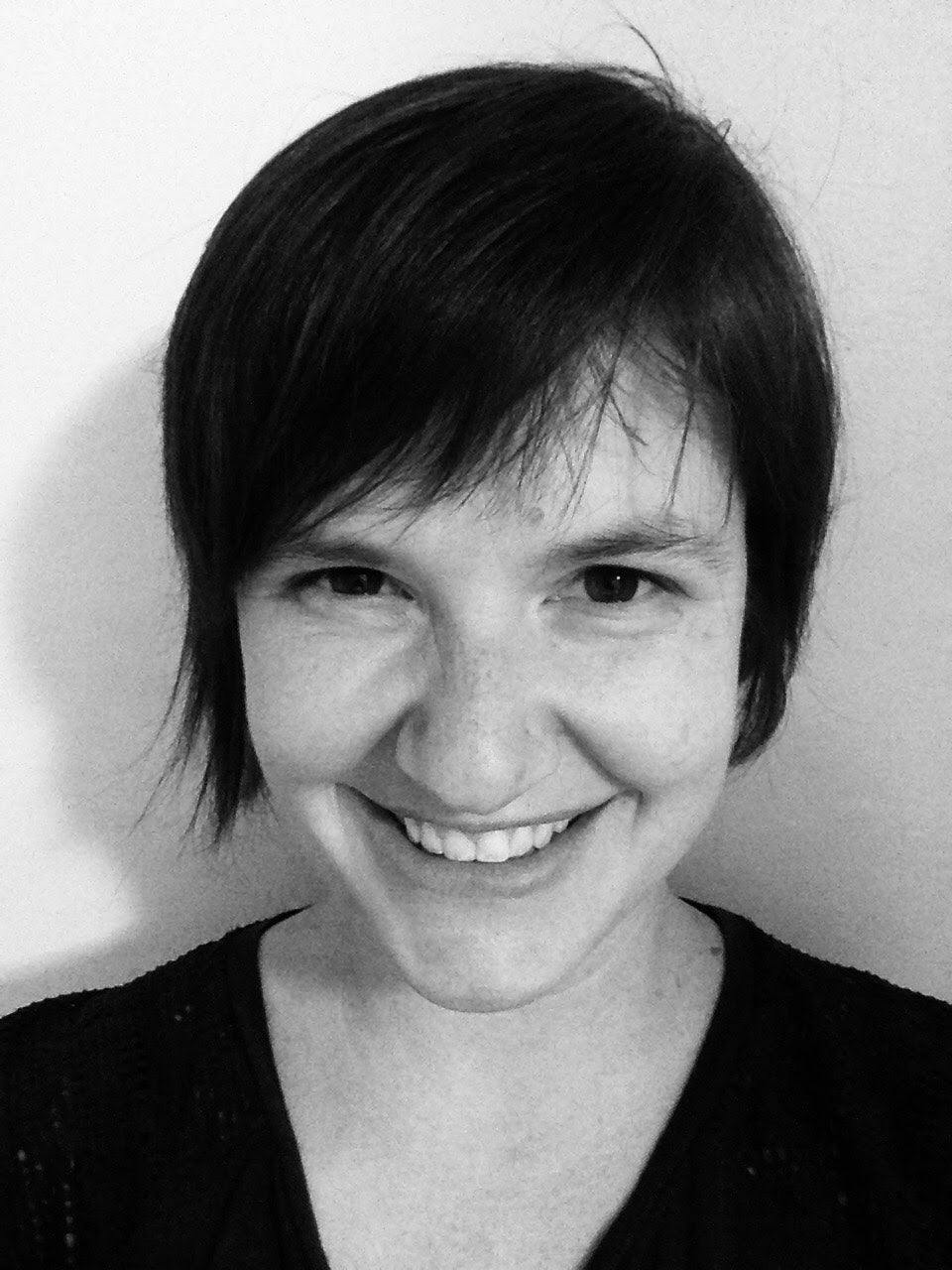Rose Sherwood (BA '07, MA '09) spoke at the annual Philosophy Awards Ceremony about how philosophy has made a difference in her life.
This speech has been edited and condensed.

Congratulations on making the huge choice to pursue philosophy. I’m sure you’ve had one or two well-meaning individuals look over your shoulder and ask whether or not you should be considering something more ... practical. But there are some of us for whom this argument simply doesn’t apply. Nothing could diminish the love that I have for this ancient and yet entirely relevant discipline.
While philosophy had stolen my heart, it wasn’t my first love. Teaching has been my dream since before I can remember. So I started university as a student in math, hoping to get a degree in something practical. Something I could teach to kids. Math. A subject people can clearly identify as crucial for a successful life. But, as hard as I tried, I just couldn’t love math as much as I loved philosophy.
So I did a bachelor’s degree in philosophy. When I graduated from Waterloo, I was forced to come back down to earth and get on with my life. I attended teachers’ college and was smacked in the face with the reality that there were very few jobs available for teachers. This gave me the perfect excuse to come back and do my master’s thesis. I was simultaneously ecstatic and terrified at the prospect of devoting a year or two of my life to writing about one question.
That question came to me as I huddled in a narrow hallway that led to a small bedroom. Inside the bedroom was a small, round pool. Into that pool was born my niece. My sister had given me the honour of witnessing the birth of her daughter and there would be no turning back. For nine months, we had been theoretically aware of this other being inside her, but now there was much more than theory. There was blood and crying and tiny grasping hands and overwhelming adoration. Within the boundaries of one self, another self had formed. I could not comprehend this transformation and could not find a proper category for this experience. So I decided to write my thesis about it.
Writing my thesis was a transformative experience for me. It’s not that I was able to find the right way to understand pregnancy or that I could now explain exactly where the self of the woman ended and the self of the fetus started. Rather, I had honed my skills of synthesis and analysis. I found that I was able to see pregnancy through a new lens and grasp its complexity and marvelous mystery by seeing it from a clearer and more revealing perspective.
Once I closed the book on that chapter of my life, I was turned back around to face reality. Since then, I’ve been doing life in the more usual way — working, having children, buying houses and learning how to be someone who is not a student. And here I am, asked to put into words the immeasurable value that studying philosophy has added to my life and what its study has to offer the world.
For one, the study of philosophy has taught me to love a life without answers. Some of my friends, and my parents’ friends, agonize over finding the right way, the true truth, a theory that will give them a black and white picture of the way things really are. This way of thinking can be dangerous. Meanwhile, philosophy offers an approach that finds paradoxes thrilling. I love it when our conclusions about reality seem to point in two opposite directions. This type of dissonance is a signpost for me that there is something beautiful just waiting to be uncovered. There is no diamond without the many different faces of which it is composed, each one reflecting the light in a unique way.
When I study the work of the brilliant minds that have shaped our culture, I am not learning the right answers to all of life’s questions. I am learning to open my mind and consider the perspective of someone who is different than me. Yes, here in the philosophy department we passionately debate who’s got it right and how, but it is not only the conclusion of the debate that matters — we are also concerned about the nature of the debate itself. It is the humility, the respect, the careful consideration and clarity that are shown by each side that warrants our admiration.
In a context where anti-intellectualism is on the rise, and our society is attempting to confine the philosopher to her ivory tower, the skills that we are learning here are sorely needed.
But while philosophical thinking is absolutely practical and can be applied in every area of life, it must not go unsaid that a love of thinking is valuable in and of itself. The pure pleasure of a well-crafted, elegant and finely tuned argument, or even just a selection of expertly chosen words held together within the boundaries of a profound idea, is reason enough to consider its pursuit a worthwhile endeavour.